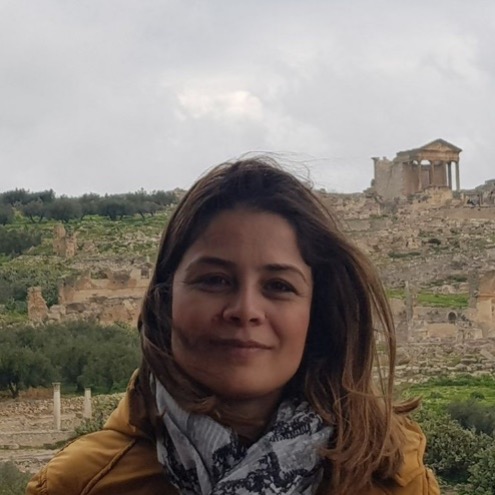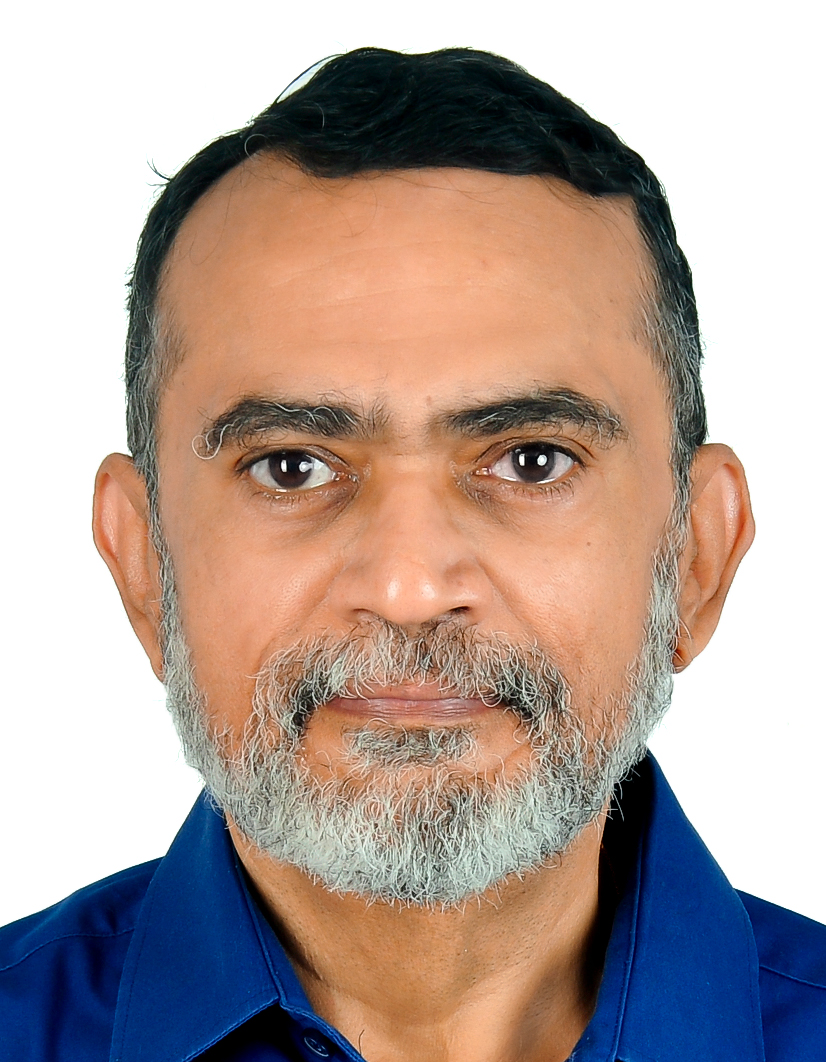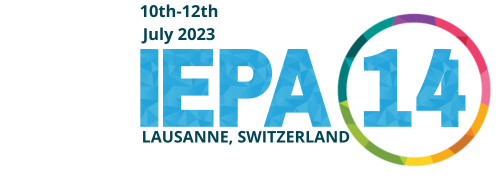Panel Discussion
Early Intervention in Low and Middle Income Countries:
When Constraints Boost Innovation

Tunisia
Uta Ouali works as a senior psychiatrist at Razi Mental Hospital and is an Associate Professor at the University of Tunis El Manar Medical School/ Tunisia. She manages the clinical care of in and outpatients, as well as the teaching and supervision of residents and medical students.
She is a founding member and the current director of the Clinical High Risk Program - CHiRP of Tunis/Tunisia, a joint research and intervention project between mental health professionals from Razi and Mongi Slim Hospital in the Greater Tunis area and Dr J. Ventura from the University of California Los Angeles, whose goal is to detect and provide early intervention for young people at risk of mental disorders.
Her main research interests are in the areas of young people at risk of mental disorder as well as stigma and discrimination against people with mental health problems.
Uta Ouali is the current IEPA Vice-President for the MENA-region.

Tunisia
Amina Aissa is senior psychiatrist and a member of a university hospital team that takes care of in and outpatients with mental disorders at Razi Hospital and manages the training and supervision of residents and medical students.
She is a founding member and the coordinator of the Clinical High-Risk Program - CHiRP of Tunis/Tunisia, a Tunisian-American project for research and early intervention with young people at risk of mental disorders.
Her main research interests are in the areas of young people at risk of mental disorders as well as biological psychiatry and neuropsychopharmacology of mental disorders.

Zimbabwe
Dr Rukudzo Mwamuka is a psychiatrist living and working in Zimbabwe. For the past 7 years, she has been providing clinical care to patients from marginalised communities at the referral psychiatric units in the capital city of Harare. Rukudzo has experience in leading scale up of psychological interventions for depression gained from working with the Friendship Bench Organisation. She is actively involved in global mental health work through her membership with Mental Health Collaboration group of the Catalyst 2030 movement.
Rukudzo holds a medical degree (MBCHB) from the University of Zimbabwe and a Master of Medicine degree (Psychiatry) from the same university and is currently a Consultant Psychiatrist at Sally Mugabe Central Hospital.

India
Ganesh was diagnosed with schizophrenia in his late teens, circa 1980. He experienced florid symptoms of the condition, including hallucinations and delusions. The symptoms receded after three years of treatment; however, many allied issues like social withdrawal, inappropriate emotions, and low self-esteem remained. Nevertheless, he overcame much of the secondary distress of the affliction through sheer serendipity and some analyses besides newer antipsychotics.
Ganesh has authored two books, Being Here Now [Non-fiction - First published as I, Me and Us], and God Flipped Me Off [A work of fiction that aims to inform as it entertains]. His writings capture the essence of everything that facilitated his return rejuvenated.
He is 64-plus years old and has been on some form of medication for the past 40-plus years. He has an engineering degree, and a double Master's in Business and Social & Applied Economics from Ohio, USA. He was a consultant for businesses in the USA, India, and Japan.
Ganesh has been associated with Schizophrenia Research Foundation (India) for over two decades as a service user. He currently mediates a support group for mental health in association with the Eklavya Foundation for Mental Health, a not-for-profit organization.

Brazil
Pedro Pan is a distinguished clinical psychiatrist and associate professor at the Universidade Federal de São Paulo. His research primarily focuses on unraveling the intricate workings of the adolescent brain prior to the manifestation of psychiatric disorders. He has contributed significantly to the field, having actively participated in over 100 published papers indexed on Pubmed. His groundbreaking research includes pivotal first-authored studies on brain imaging in at-risk adolescents and pioneering investigations with high-risk for psychosis individuals in Brazil.
During the challenging period of the pandemic, Pedro Pan assumed the role of coordinator in a specialized psychiatric unit with 21 beds at the university. In this capacity, he directly oversaw the training and guidance of medical students, psychiatric residents, and interdisciplinary teams comprising professionals in social services, psychology, and occupational therapy. Through this invaluable initiative, he provided free-of-charge healthcare services within the national health service system, providing care specifically to underrepresented populations and individuals experiencing their first acute and severe episodes of psychosis.
